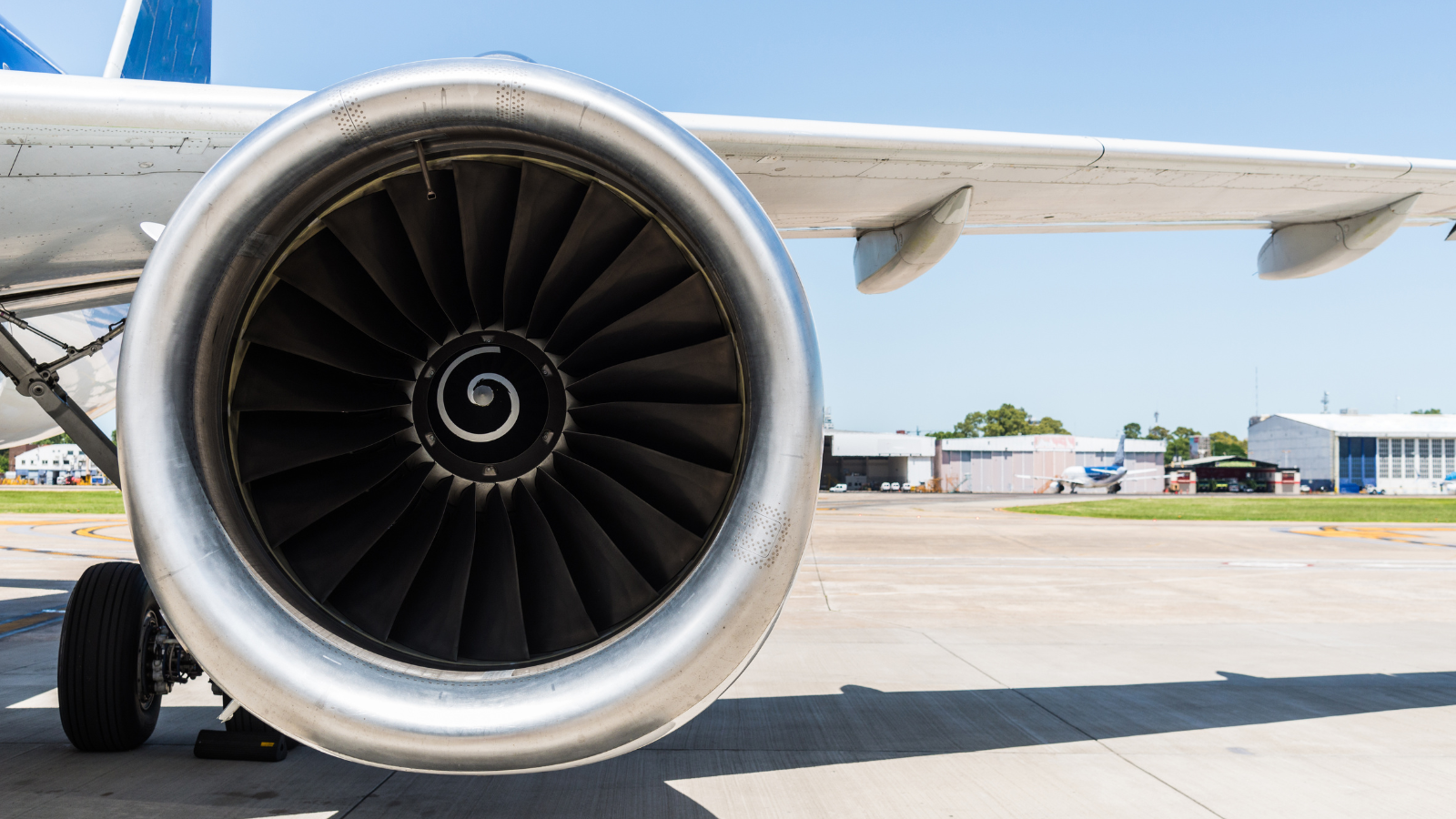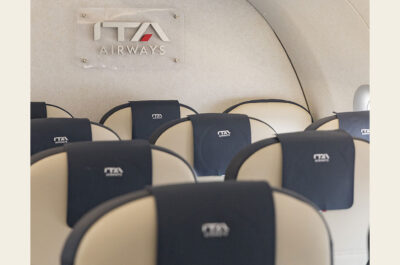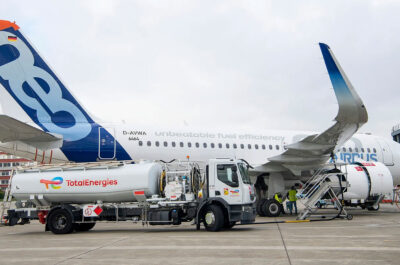
Aerospace industry faces challenges as RTX’s engine flaw could ground hundreds of Airbus jets globally. The rare powder metal defect causing cracks in engine components compounds existing staff shortages and supply chain issues. RTX plans inspections on 600-700 Pratt & Whitney Geared Turbofan engines over three years, with significant operational and financial impacts anticipated.
In a recent development, the global aerospace industry is grappling with significant challenges due to a manufacturing flaw in engines produced by U.S. company RTX. This issue has the potential to disrupt the operations of Airbus jets worldwide, resulting in increased costs and constraints on plane capacity.
The underlying problem involves a rare powder metal defect within the engines, which can lead to cracks in critical engine components. This revelation comes at a time when the aerospace industry is already dealing with staff shortages and supply chain disruptions, despite a gradual recovery in travel following pandemic lows.
RTX announced its plans to conduct quality inspections on 600 to 700 of its Pratt & Whitney Geared Turbofan (GTF) engines, installed in Airbus A320neo aircraft, over the next three years. While the engine problem was initially disclosed in July, RTX has now clarified the extent of the issue.
This announcement has sent shockwaves throughout the industry, affecting not only component manufacturers such as Japan’s Kawasaki Heavy Industries but also airline carriers like Air New Zealand, which heavily rely on Airbus jets. The situation may exacerbate tensions between airplane factories and repair facilities, as the repair process is anticipated to be more time-consuming.
It is estimated that this snag could potentially ground an average of 350 jets per year until 2026, with as many as 650 aircraft idled during the first half of 2024. Initially projected to take 60 days per engine, the repair process is now expected to extend to approximately 300 days.
The root cause of the issue lies in microscopic contaminants found in powdered metal used in high-pressure turbine discs within the GTF engine’s core. These contaminants have the potential to lead to engine cracks. The affected engines were manufactured between 2015 and 2021.
As a result of this revelation, RTX’s stock value has plummeted, losing a quarter of its value since the problem was disclosed in July. This decline continued, with a further 3.7% drop, pushing the stock to a two-year low. RTX is the product of the merger between Raytheon and United Technologies in 2020.
RBC Capital Markets analyst Ken Herbert noted, “The financial and operational impact identified is more substantial than we had expected.”
Airbus, listed on the Paris Stock Exchange, also experienced a 2.4% drop in its shares on Tuesday.
The repercussions of this issue are not limited to RTX and Airbus. Aerospace suppliers involved in the affected engine program anticipate increased costs. London-listed aerospace component maker Melrose Industries projects a potential impact of approximately $249.2 million.
Japanese companies IHI and Kawasaki Heavy Industries expect earnings to be affected by the extended inspections, while German firm MTU Aero Engines has already warned of lower profits.
Air New Zealand, with 16 A320neo aircraft in its fleet, has expressed concerns about reduced engine availability, which will have a “significant” impact on its flight schedule starting from January 2024.
Scoot, a subsidiary of Singapore Airlines, is also affected, with inspections impacting four of its A320neo engines, potentially leading to flight adjustments.
Hungarian carrier Wizz Air has estimated a potential 10% capacity reduction in the second half of fiscal 2024.
It’s worth noting that RTX is one of two engine manufacturers for the popular narrowbody Airbus A320neo, the other being CFM International, a joint venture between GE and Safran. This development highlights the interconnectedness of the aerospace industry and the need for swift and effective resolution to minimize disruptions.
Vicky is the co-founder of TravelDailyNews Media Network where she is the Editor-in Chief. She is also responsible for the daily operation and the financial policy. She holds a Bachelor's degree in Tourism Business Administration from the Technical University of Athens and a Master in Business Administration (MBA) from the University of Wales.
She has many years of both academic and industrial experience within the travel industry. She has written/edited numerous articles in various tourism magazines.






































































































































